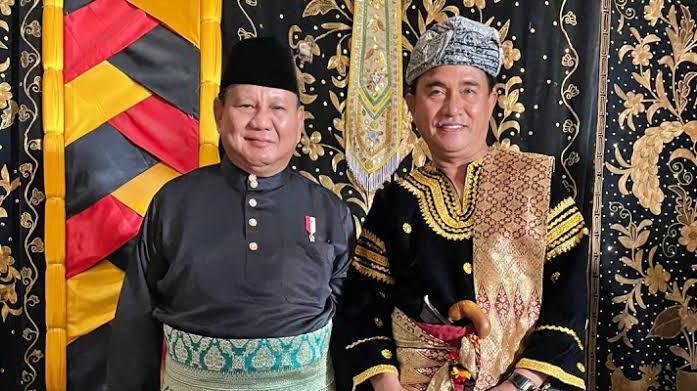President Prabowo Subianto’s flagship programs, such as Free Nutritious Meals (Makan Bergizi Gratis / MBG), People’s School (Sekolah Rakyat), and the Merah Putih Village/Urban Cooperatives (Koperasi Desa/Kelurahan Merah Putih / Kopdes), are seen as crucial tools to accelerate poverty eradication in Indonesia. These initiatives have the potential to not only reduce poverty but also create numerous job opportunities and enhance economic independence.
Head of the Poverty Eradication Acceleration Agency (BP Taskin) Budiman Sudjatmiko emphasized that the goal is to empower people and make them economically self-reliant, rather than just providing social assistance. Describing the government’s approach using a football analogy, Budiman likened the poor to players who need to be skilled, well-nourished, and economically empowered to score the “goal” of poverty eradication.
The Sekolah Rakyat boarding schools aim to break the cycle of poverty, while programs like MBG and Kopdes Merah Putih bring economic benefits to entire communities. By creating jobs in kitchens and retail outlets, these initiatives boost economic activities and benefit upstream sectors, such as farmers, SMEs, and village-owned enterprises.
Deputy Head of BP Taskin, Nanik S. Deyang, highlighted how these programs offer tangible hope for independence to poor households. By providing opportunities for education and economic empowerment, MBG and Kopdes Merah Putih help individuals and communities thrive. Kopdes, in particular, plays a significant role in streamlining supply chains, reducing costs, and providing access to affordable credit for farmers and small businesses.
Overall, President Prabowo’s initiatives are not just about addressing poverty but about empowering individuals, creating economic opportunities, and fostering independence. By implementing programs like MBG and Kopdes Merah Putih, Indonesia aims to uplift its citizens and work towards sustainable poverty eradication.
